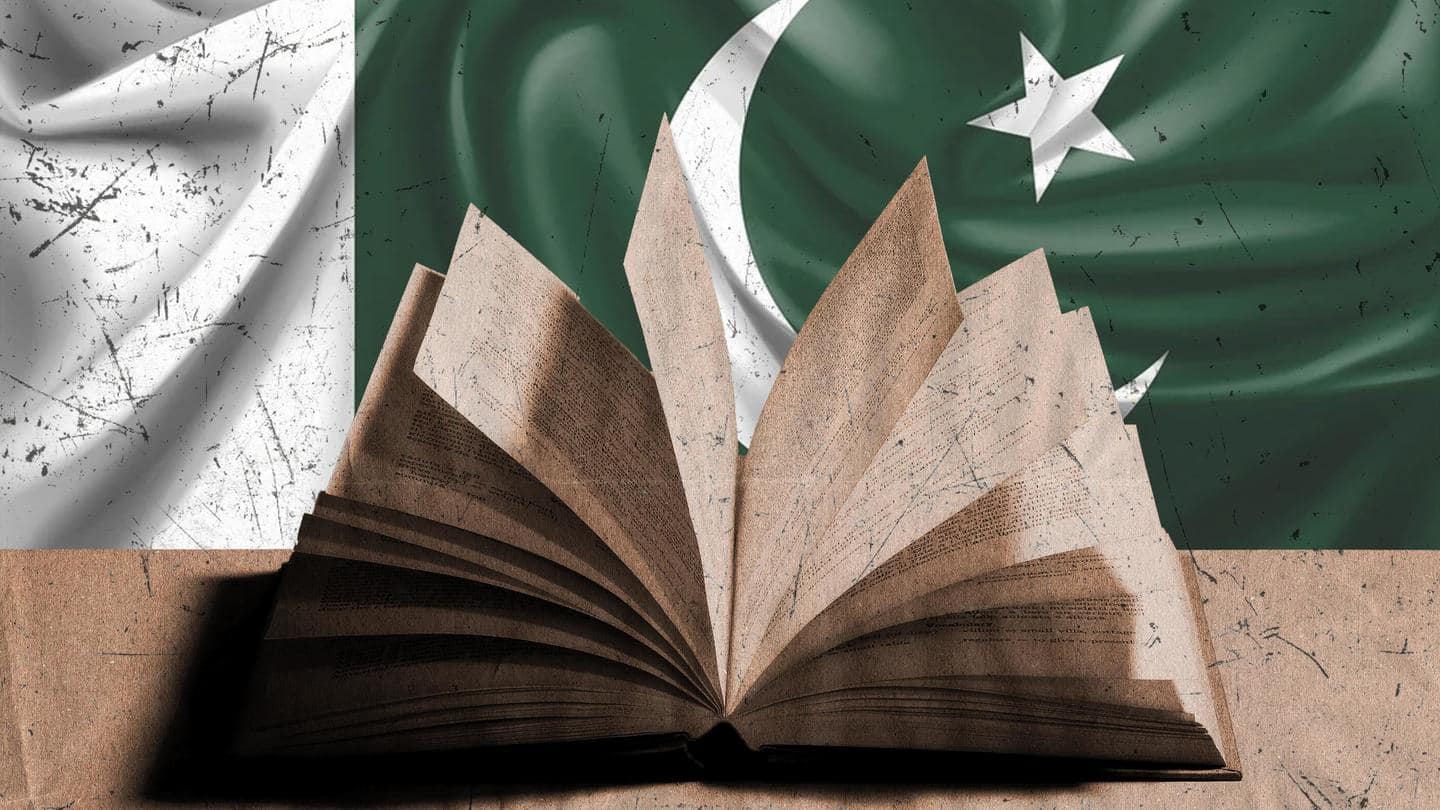
Pakistan: No textbooks for students amid severe paper crisis
What's the story
Pakistani students are going to face disruptions in their academic session starting August 2022 because of a severe paper crisis ailing the country.
The Pakistan paper association has warned that because of the paper crisis in the country, books will not be available to students.
This can be attributed to global inflation, monopoly of local paper industries, and the wrong policies of the government.
Context
Why does this story matter?
The situation in Pakistan is dire. Amid the dwindling cash reserves, China is striking a hard bargain with Pakistan over its loan repayment.
China demanded repayment of the $55.6 million for the Lahore Orange Line Project by November 2023 even as a Chinese consortium of banks and Pakistan signed a $2.3 billion loan facility agreement that will reach the latter in a few days.
Supply shortage
Prices of paper skyrocketing due to crisis
In a press conference addressed by the All Pakistan Paper Merchant Association, Pakistan Association of Printing Graphic Art Industry, and the country's leading economist, Qaiser Bengali, students were warned that books wouldn't be available.
Local media outlets reported that because of supply shortages, the prices of paper are skyrocketing and publishers are not able to determine the price of books.
Inferior quality
Price of local paper increased by over 200%
The News International newspaper reported that the price of local paper had increased by over 200% but its quality was inferior to the foreign-manufactured paper.
"Since January, an increase of Rs. 100 (Pakistani Rupee) per one kilogram of local paper has been observed," Publishers and Booksellers Association of Pakistan Chairman Aziz Khalid was quoted as saying, adding that industries were staring at a collapse.
Vicious cycle
Critics attribute crisis to 'incompetent and failed rulers'
Critics of the government pointed fingers at the country's "incompetent and failed rulers."
Columnist Ayaz Amir underscored the fact that Pakistan is trapped in a vicious cycle of loans.
He wrote, "We have seen the rules of Ayub Khan, Yahiya Khan, Zulfikar Ali Bhutto, and Muhammad Zia-ul-Haq...They took loans to solve the problems and then took more loans to pay back the previous loan."